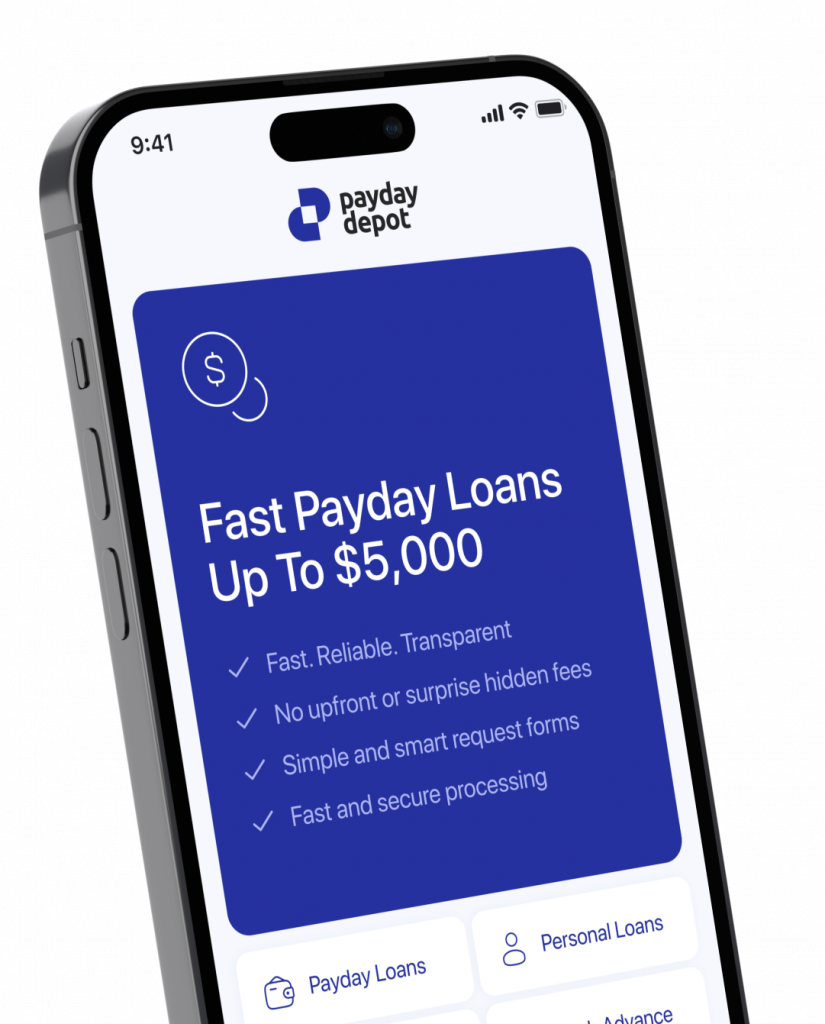Arbitration
The debt resolution procedure has different trajectories. For example, lenders and borrowers can resolve a dispute in a courtroom. But this option will be time-consuming and expensive. Therefore, if lawsuits were the only way to recover a defaulted loan from the debtor, creditors would be less willing to lend their money. However, there is another way to resolve debt repayment disputes ― arbitration. It is less expensive in terms of money and time, and an arbitration clause is often included in the loan agreement. Arbitration means that the borrower and the lender agree to resolve all disputes that arise with the help of a neutral third party, and the arbitration decisions will be binding on both parties.
Can a Borrower Opt Out of Arbitration for Debt Resolution?
Borrowers may wonder how unbiased a company that administers the arbitration will be and whether it is better to resolve such issues through the courts. But if you signed a loan agreement that specifies arbitration as a way to resolve debt disputes, you must abide by those agreements.
If you insist on a judicial procedure, you should look for a lender who agrees not to include binding arbitration clauses in the loan agreement. Today, more than 3/4 of creditors prefer to turn to arbitration companies. Therefore, you will have to work hard to find a lender that will not include an arbitration clause in the contract.
One exception to this trend toward arbitrage is in mortgage lending. The reason is not that lenders do not want to go to arbitration but because the law prohibits requiring a borrower to participate in arbitration in mortgage lending. The creditor may offer such a procedure to the debtor but cannot require it.
Arbitration Procedure for Debt Resolution
If arbitration is initiated by a creditor, it takes place in several stages:
- The lender attempts to establish direct contact with the borrower to collect the debt.
- If the creditor considers that the debt will not be repaid, they initiate an appeal to an arbitration company.
- The arbitration company considers the creditor’s request and notifies the debtor that the arbitration process has begun against them.
- If the debtor agrees to participate in arbitration, a neutral third party will listen to the arguments of the creditor and debtor and make a binding decision. If the debtor ignores this process, the case is still considered but with the creditor only, and a decision on the debtor is made in absentia.
Arbitration Initiated by the Borrower
The lender and the borrower have the right to initiate arbitration. For example, they may want to reduce the amount of debt or believe that the creditor unfairly imposed certain fines. There is a probability of a decision being made in favor of the debtor but only if there are serious arguments for this. In most cases, companies that offer their intermediary services for debt settlement take advantage of the inexperience of borrowers to defraud them of money for services that will not bring a positive solution.
If a creditor decides to resort to arbitration, it should be taken seriously by the borrower. They should not refuse to participate in the process. Only in this way can they justify their position and influence the arbitrator’s decision.
